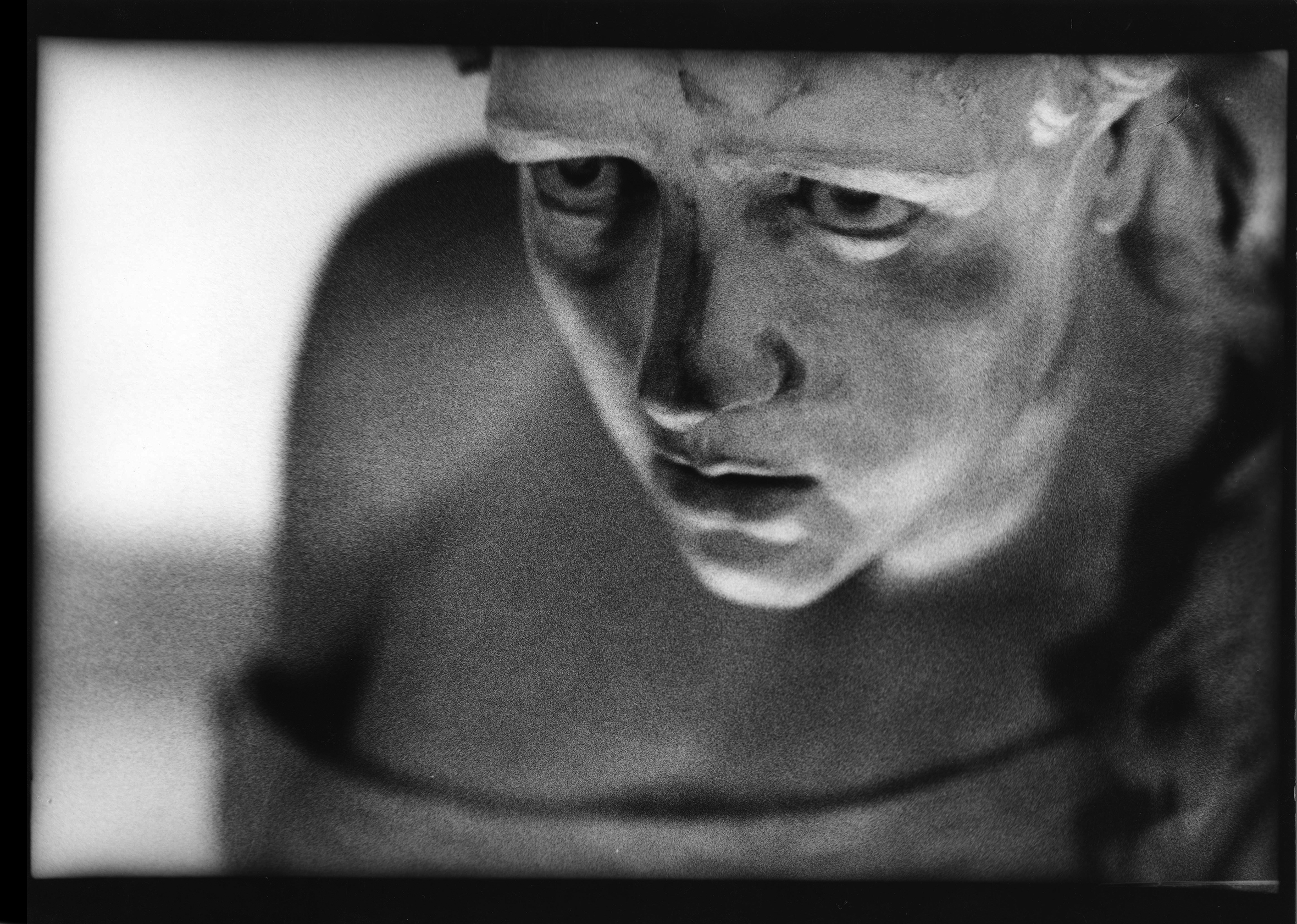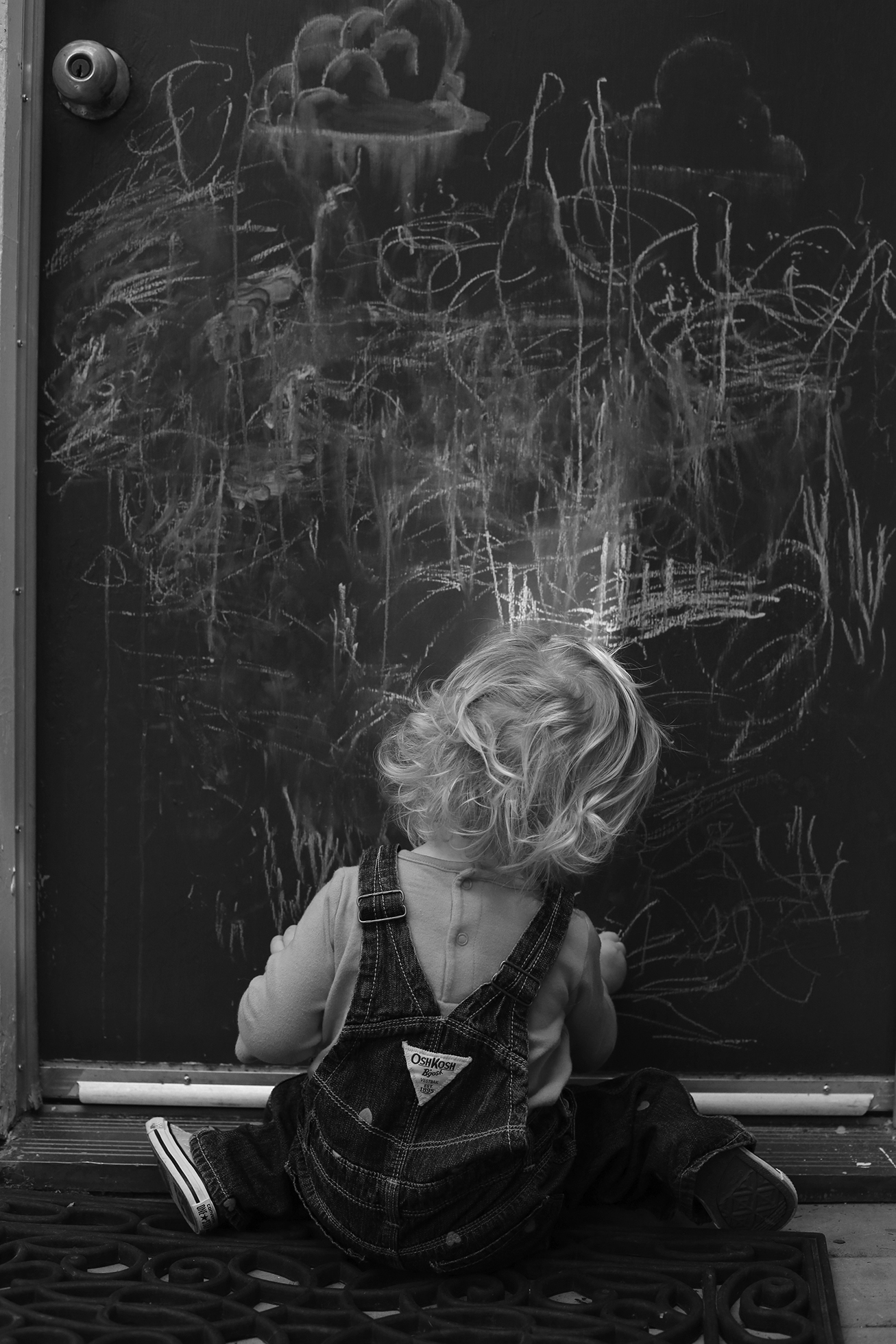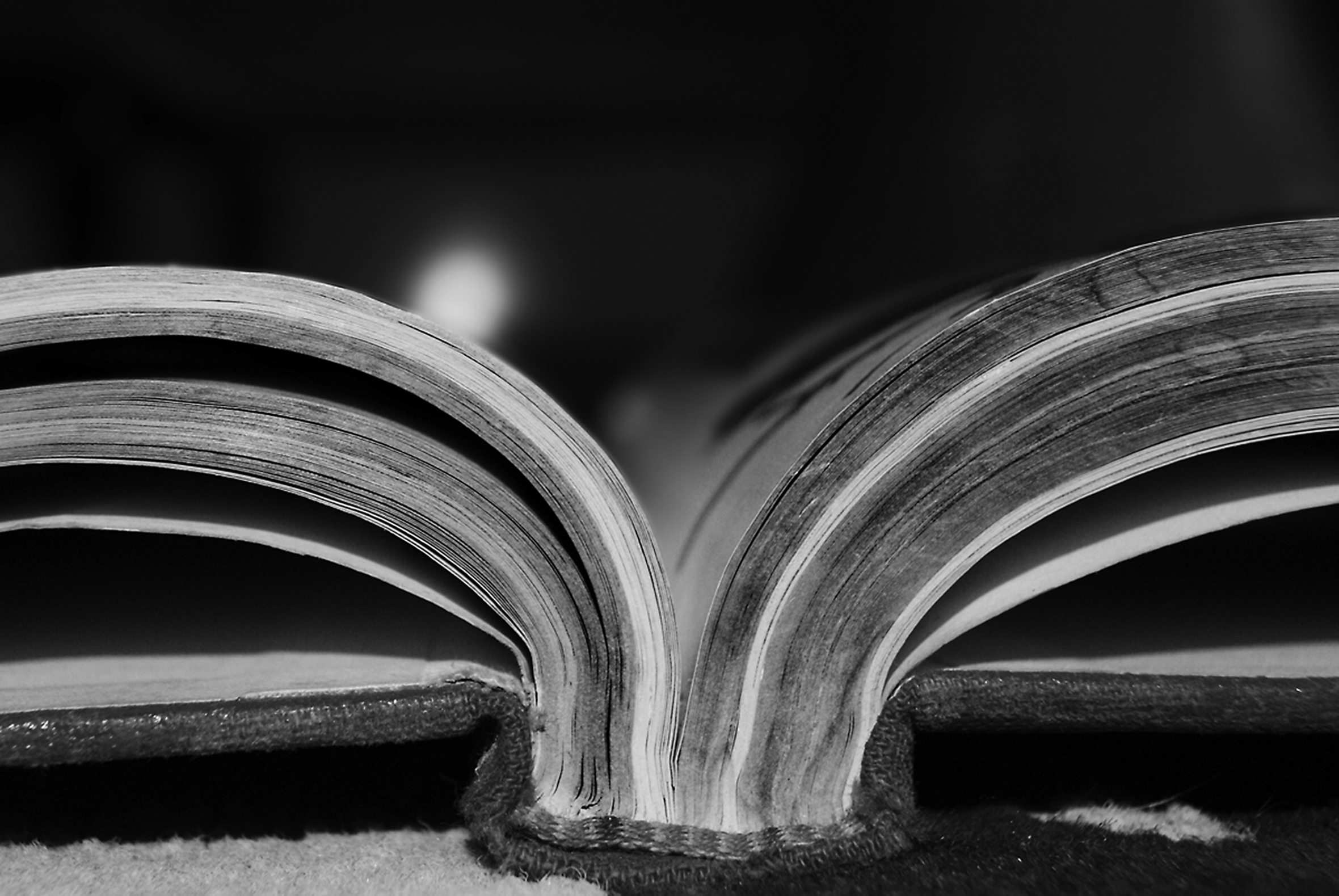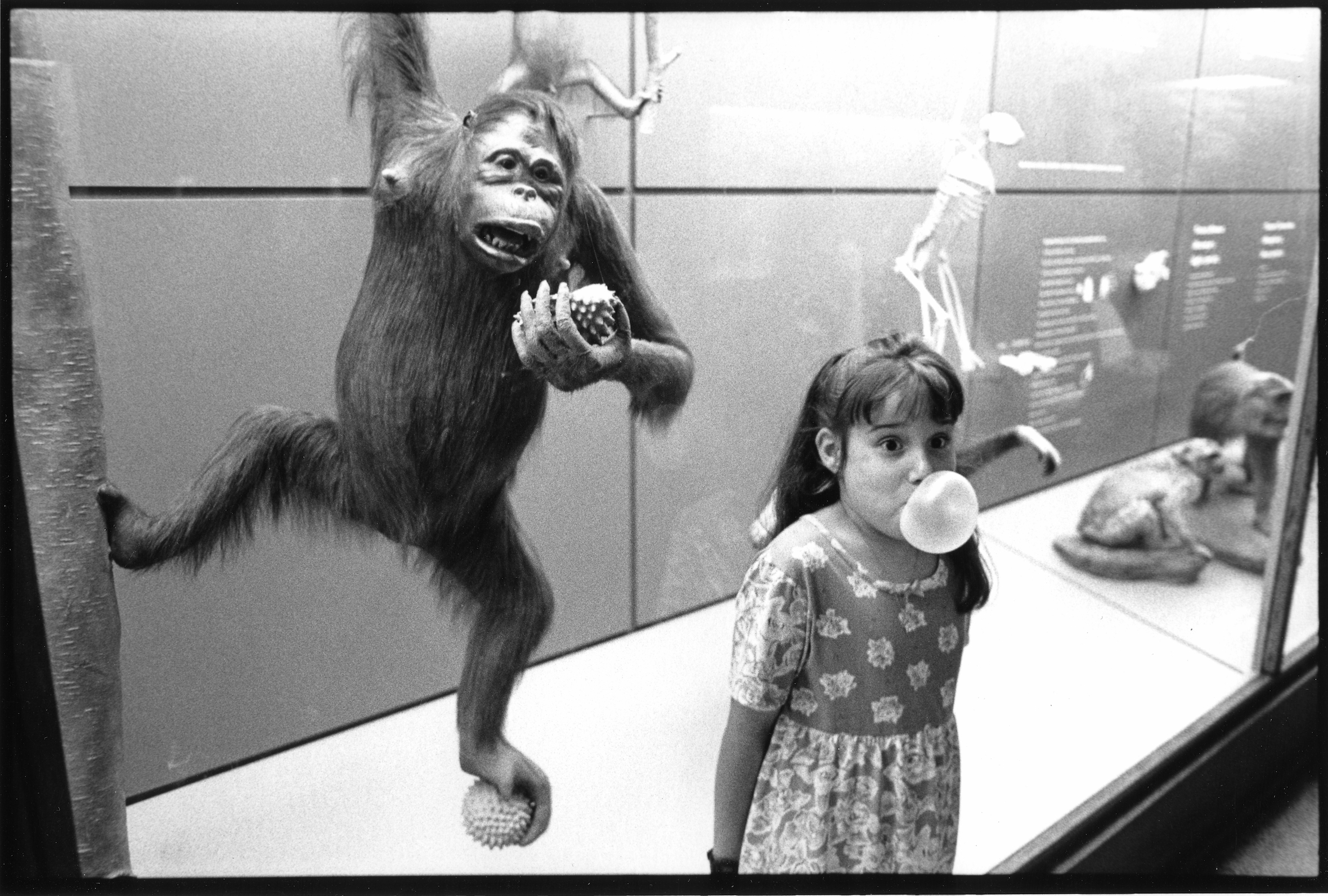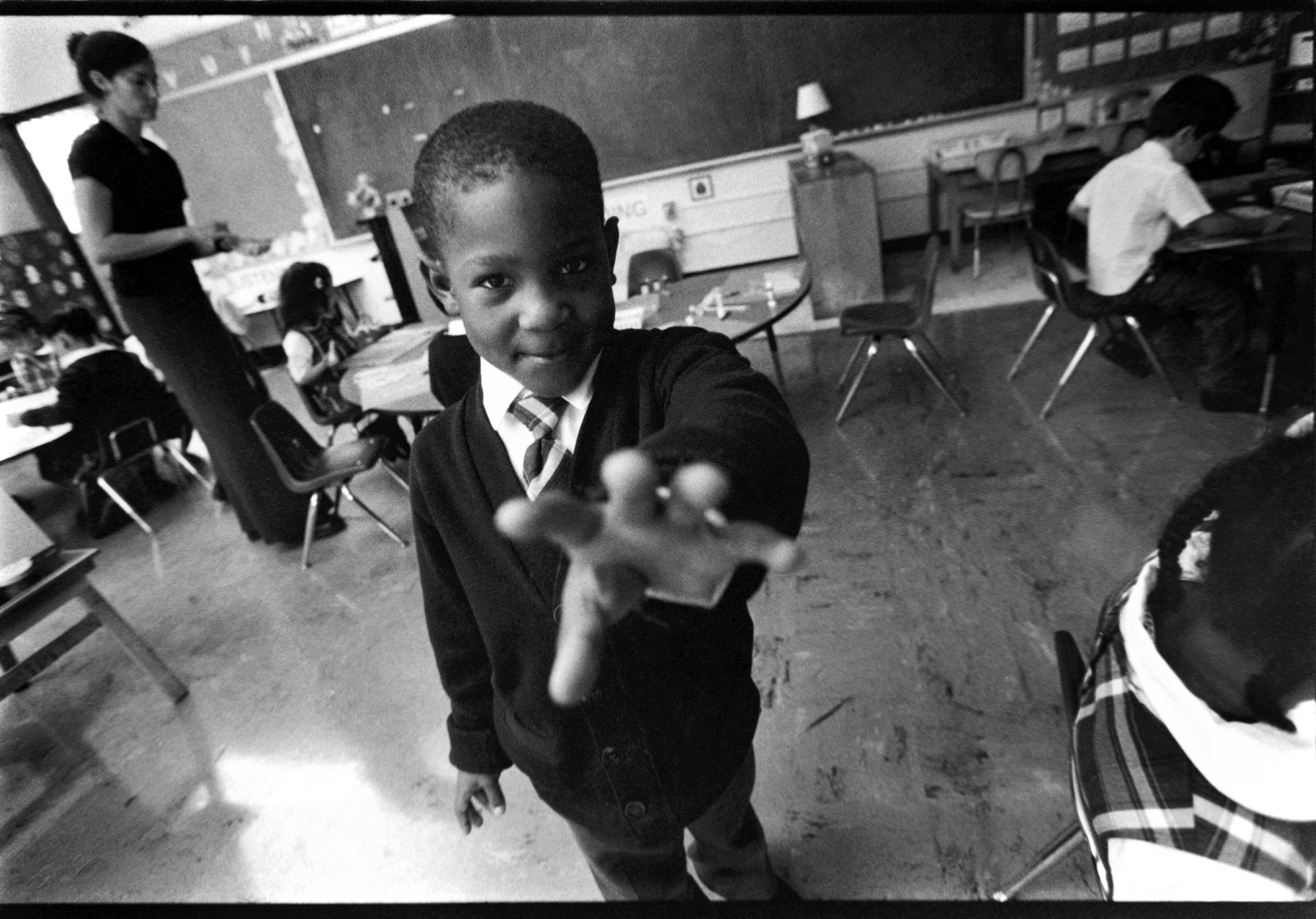Browse Sections
The Sun Interview
The Geography Of Sorrow
Francis Weller On Navigating Our Losses
The work of the mature person is to carry grief in one hand and gratitude in the other and to be stretched large by them. How much sorrow can I hold? That’s how much gratitude I can give.
October 2015The Church Of The Gridiron
Steve Almond On How He Lost His Faith In Football
So, yes, the NFL and NCAA have instituted stiff penalties for helmet-to-helmet hits and even redesigned kickoffs to reduce high-speed collisions. But, again, all of this only helps limit concussions. The problem is that the permanent brain injuries arise in part because of those subconcussive hits, the ones players receive nearly every single play, and there’s no way to engineer those out. The tackle will always be part of the game.
September 2015As We Lay Dying
Stephen Jenkinson On How We Deny Our Mortality
At every deathbed and hospital room, I didn’t see sane dying. I saw sedated dying, depressed dying, isolated dying, utterly disembodied dying. Sane dying would require a childhood steeped in death’s presence, an adulthood employed in its service, and an elderhood testifying to its necessity. Sane dying is a village-making event: lots of people with plenty to do, the whole production endorsing life.
August 2015The Mystic And The Warrior
Radical Priest Matthew Fox On Loving And Defending Our World
The mystic in us is the lover. The mystic says yes. But the prophet in us is the warrior, and the warrior says, “No, this is unjust. No, this is suffering that we can work to relieve.” That’s the rhythm of the mystic and the prophet, the lover and the warrior. It’s not enough to be one or the other.
July 2015Criminal Injustice
Maya Schenwar On The Failure Of Mass Incarceration
Prison deepened my sister’s addiction, crushed her self-esteem, narrowed her options for jobs and education, and diminished her hope for a good life. She was in a much worse situation each time she came out.
June 2015Beyond Their Years
Linda Kreger Silverman On Understanding Gifted Children
We say children are gifted when their intellectual ability is advanced beyond their age. A four-year-old girl who can pass all the items on an IQ test that an eight-year-old is expected to be able to do would obtain an IQ score in the 200 range. Children who are developmentally advanced are out of sync with their peers, and also out of sync with the expectations of teachers and parents, which leads to vulnerability. They need individualized education and counselors who understand how to work with these children.
May 2015The Molotov Cocktail Of The Imagination
David Mason On The Power Of Poetry
But getting back to your question about poetry and prose: Poetry, by moving from line to line, can create shades of meaning that prose can’t. So, whatever else it’s worth, poetry is valuable because it gives us a different experience of language. It gives us an experience that we cannot have by other means. And without that, we live a more impoverished life. I’ve been as moved by novels as I have been by poems, but I’ve been moved by poems in a different way. I’ve been brought to laughter and tears by a different route.
April 2015Too Much Of A Good Thing
Daniel E. Lieberman On How Civilization Makes Us Sick
There’s growing attention to the importance of nutrition and physical activity, which is a cause for hope, but my concern is that these trends are very much class driven. Wealthy people tend to be able to afford to be physically active and to eat healthy foods and to reduce stress and to get enough sleep and to stop smoking. There have always been disparities in health between classes, but I worry they are going to widen. Just as we have income inequality, we’re heading toward a world in which we see an increased burden of noninfectious chronic diseases in the lower classes.
March 2015The Hand We’re Dealt
Dalton Conley Asks Why Some People Get Ahead And Others Fall Behind
Only two measurable socioeconomic aspects of the parents really matter in predicting who succeeds: the parents’ education, which is the most important, and the family’s wealth, which is the second most important. By “wealth” I don’t mean how much the parents make a year. I mean net worth, including savings, property, and other financial resources.
February 2015The Egret Lifting From The River
David Hinton On The Wisdom Of Ancient Chinese Poets
There’s a Wang Wei poem in which an egret standing at the edge of a stream flutters up and then settles back down. That’s it. In the West we think there’s something missing, that there should be more to the poem. But if you remember that heart and mind are the same, then you realize that this perception, this experience of empty mind perceiving with mirror-like clarity, is also an emotional experience. It’s both the observation of the scene and the feeling evoked by the scene at the same time, the two together filling us completely.
January 2015Request a free trial, and we’ll mail you a print copy of this month’s issue. Plus you’ll get full online access — including 50 years of archives. Request A Free Issue
